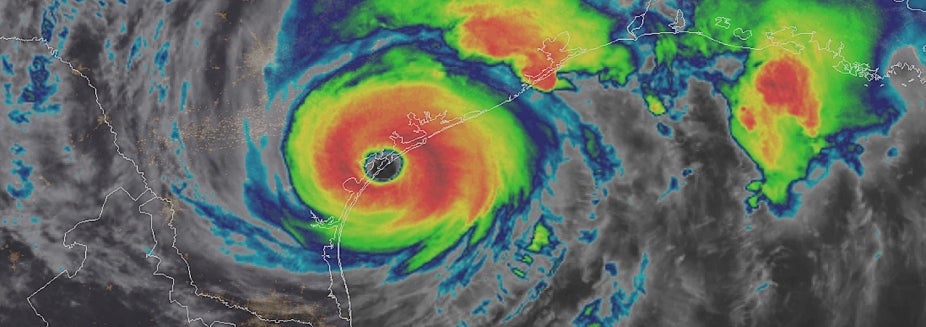Hurricane Forecasts: Communicating Risk to Communities
The 2017 hurricane season — including Hurricanes Harvey, Irma, and Maria — caused devastating damage, loss of life, and disruption in the U.S. and Caribbean. Hurricane forecasts have improved significantly during the last few decades, but accurately predicting where and when a hurricane will make landfall remains challenging. It is even more challenging to predict the high wind and flooding hazards and associated impacts that different people will experience, especially with enough advance warning for coastal residents to evacuate safely before landfall.
In this Explorer Series lecture, Dr. Morss discusses successes of modern hurricane prediction, as well as her research to understand hurricane evacuation decision making and improve hurricane risk communication.
Rebecca Morss
Rebecca Morss is a senior scientist in NSF NCAR’s Mesoscale and Microscale Meteorology Laboratory, where she is also deputy director. She has interdisciplinary expertise in weather forecasting systems and risk communication, with an emphasis on high-impact weather including hurricanes, floods, and tornadoes. Her research focuses on the communication and interpretation of hazardous weather risks, the use of weather-related information in decision making, and weather hazard prediction and predictability. She has served in multiple national and international leadership roles, including on several U.S. National Academies committees and as an elected councilor of the American Meteorological Society. Morss received a B.A. in chemistry from the University of Chicago and Ph.D. in atmospheric science from the Massachusetts Institute of Technology. She lives in Louisville, Colorado, with her spouse and three children.
